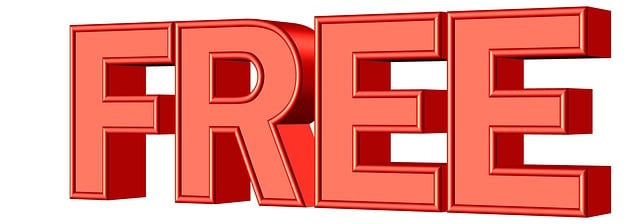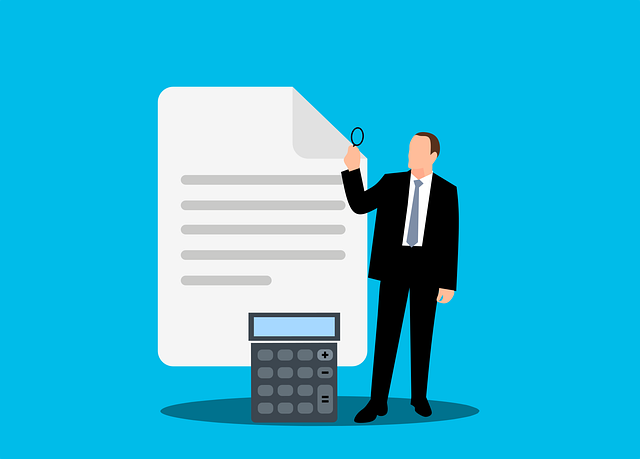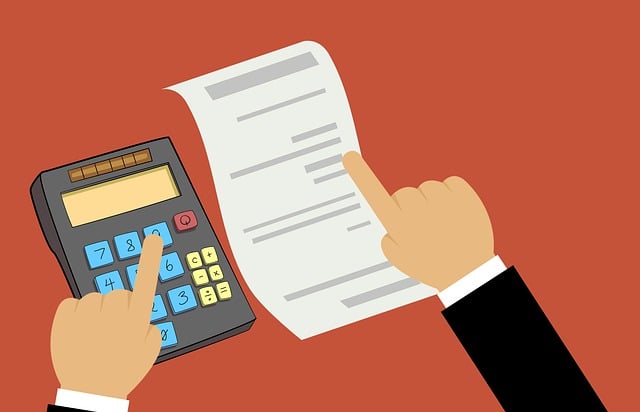When deciding between financing or buying a property, understanding tax implications is vital. Buying involves upfront costs with local deductions and year-end benefits for property taxes and mortgage interest, while financing through a mortgage offers potential tax savings on interest rates. Leasing is a popular financing option enabling immediate deductions for operating expenses, and asset-based loans defer taxes until asset disposition. When purchasing, homeowners can leverage deductions for mortgage interest and property taxes. Consulting with a financial or tax advisor is crucial to maximize these incentives based on individual circumstances and navigate the complex interplay of tax laws.
In the realm of property ownership, understanding the tax implications of financing versus buying is crucial for making informed decisions. This comprehensive guide delves into the intricate details of tax incentives associated with various financing options and traditional tax obligations of purchasing property. By exploring these aspects, you’ll gain valuable insights to weigh the benefits of leasing against the costs of ownership, enabling you to make strategic choices that align with your financial goals and maximize available tax breaks.
- Understanding Tax Implications: A Comprehensive Overview
- Financing Options and Their Tax Benefits
- Buying Property: Exploring Traditional Tax Obligations
- Making an Informed Decision: Weighing Tax Incentives vs. Ownership Costs
Understanding Tax Implications: A Comprehensive Overview

Understanding Tax Implications: A Comprehensive Overview
When considering whether to finance or buy, it’s crucial to factor in tax implications. Both options can significantly impact your financial burden, but in different ways. Buying a property typically involves upfront costs such as a down payment and closing costs, which may be subject to tax deductions or exemptions depending on local regulations and your individual circumstances. Additionally, owning a home often provides year-end tax benefits through property tax deductions and mortgage interest deductions, offering potential long-term savings.
On the other hand, financing, especially through a mortgage, can provide immediate cash flow and potentially lower monthly payments, but it comes with its own set of tax considerations. Mortgage interest rates may be tax-deductible, reducing your overall tax liability. However, these benefits often phase out as income increases, and there might be limitations based on the type of loan or borrower status. Understanding these tax incentives is essential for making an informed decision that aligns with your financial goals and minimizes future tax surprises.
Financing Options and Their Tax Benefits

When considering financing options, businesses and individuals can tap into various strategies that offer significant tax incentives. Leasing, for instance, is a popular choice as it allows taxpayers to deduct most operating expenses, including interest payments, in the current tax year. This immediate deduction can lead to substantial savings compared to direct purchasing, where depreciation is usually the primary tax benefit over several years.
Additionally, financing methods like asset-based loans or equipment financing can provide further advantages by deferring taxes on the acquired assets until they are sold or disposed of. These strategies enable businesses to optimize their cash flow and take advantage of tax-efficient planning, ultimately reducing the overall financial burden and maximizing returns on investments.
Buying Property: Exploring Traditional Tax Obligations

When considering buying property, it’s crucial to understand the traditional tax obligations tied to ownership. One of the primary aspects is property tax, which homeowners are responsible for paying annually. These taxes are typically based on the assessed value of the property and can vary significantly across regions. Understanding these local variations is essential as they impact your overall financial burden.
Additionally, homeowners may benefit from certain tax incentives like deductions for mortgage interest and property taxes. These deductions can substantially reduce taxable income, offering a financial reprieve. However, eligibility criteria apply, and it’s vital to consult with a financial advisor or tax professional to maximize these advantages and navigate the complex landscape of tax laws effectively.
Making an Informed Decision: Weighing Tax Incentives vs. Ownership Costs

When deciding between financing or buying, understanding the interplay of tax laws and regulations is crucial. Both options can offer significant financial advantages, but they manifest differently in terms of tax implications. Financing, for instance, may include various tax incentives like interest deductions or deferred taxation on gains, which can substantially reduce short-term costs. However, these benefits might be offset by future taxes when repaying the loan. On the other hand, buying involves upfront ownership with no outstanding debt, eliminating potential future tax burdens associated with repayment but potentially missing out on current tax savings opportunities.
Weighing these factors demands a nuanced approach. Taxpayers should scrutinize their financial situation, including expected future income and expenses, to determine which path offers the most favorable tax outcome in both the short and long term. Consulting with a financial or tax advisor can be invaluable in navigating this decision, ensuring that every available tax incentive is considered and capitalizing on strategies that align with individual circumstances.






